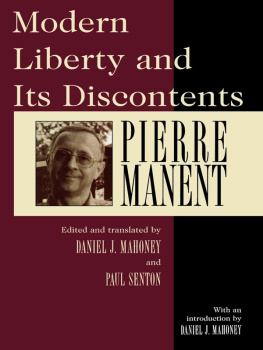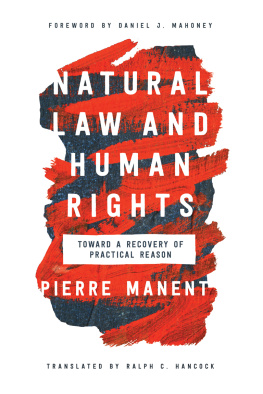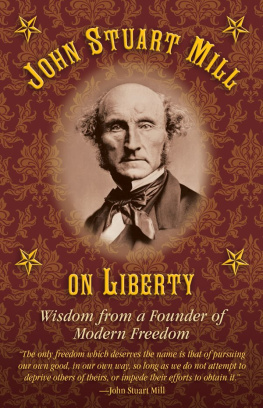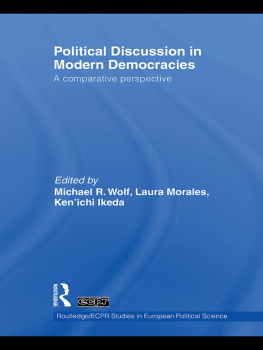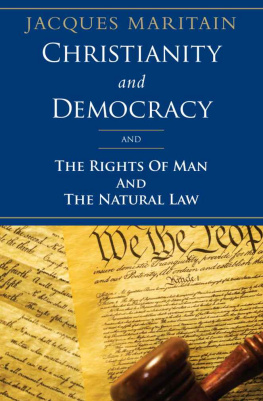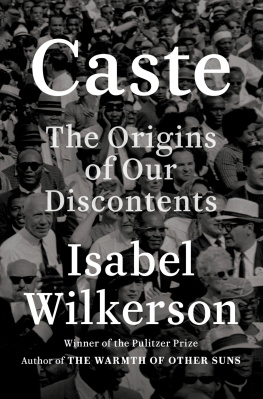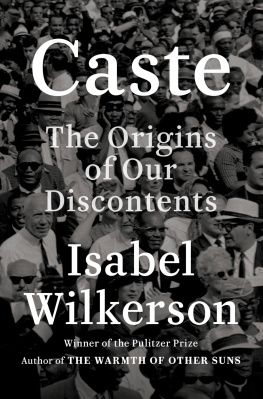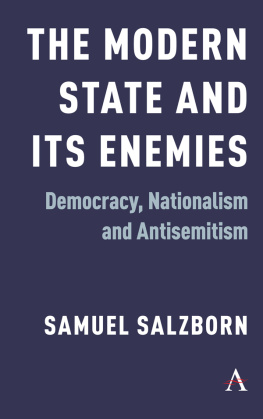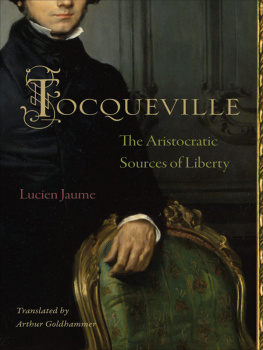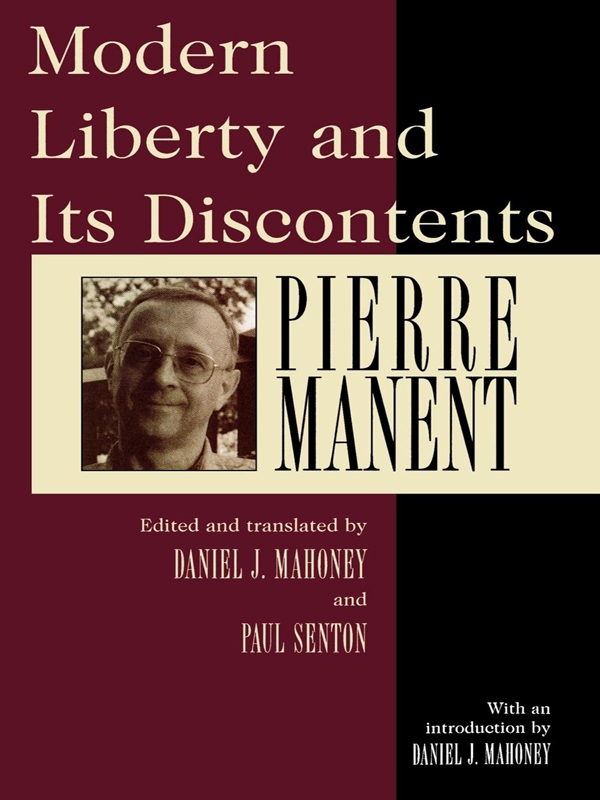The questions from Dbat show me that the investigations I have been conducting for the past twenty years can appear to a well-disposed observer to belong to philosophy. I would not have said so myself. I am even more doubtful of my right to put on its noble tunic since my first intention was not properly philosophical. More exactly, if philosophy were a central element of the situation that I wanted to understand, nothing guaranteed that being the problem it would also be the solution. But what situation and solution are we talking about?
The Modern Development
We cannot know ourselves without first understanding our situation. And we cannot achieve either without first recognizing ourselves as moderns. We must affirm the modern difference in order to identify ourselves: it is part of our self-understanding. It is certainly possible to evaluate the amplitude, radicality, and the meaning of this difference in very different ways. One can even hold quite opposite judgments about itone, for example, can be progressive or antimodern. But as soon as this difference is recognized, thought no longer can choose its subject; a tear is introduced into the tissue of the human community, which it is necessary but also perhaps impossible to repair. In what way and to what extent does being a modern man differ from being simply a man? In a certain way all of modern philosophy is a commentary on this difference. But where did the difference originate?
It seems that it came first from philosophy itself. The latter, during the course of the seventeenth and eighteenth centuries, elaborated the project of reforming European religion, politics, and society in accordance with reason or philosophy itself. To be modern, in its simplest and at the same time most august definition, is to live according to reason. This movement inspired the numerous and often happy transformations of life that characterize the progress of Enlightenment. Politically, it culminated with the French Revolution, the first and unique attempt to establish the human order on the sole foundation of reason. Theoretically, it found its complete expression in Hegels work; the latter puts forth the essentially rational, and thus the essentially satisfying character of the modern state. After the Principles of the Philosophy of Right , published in 1821, political philosophy will have no systematic expression, or even a truly coherent one; no other philosophy will attempt to tie closely its interpretation of the philosophical life to a complete analysis and evaluation of the human world and, above all, of the political world. Philosophy turns away from the state, it turns away from its own work. Is this simply because it is satisfied? This is doubtful if one observes how, quite to the contrary, Sren Kierkegaard and Karl Marx, Friedrich Nietzsche and Martin Heidegger revolt against the purportedly rational order of Enlightenment in the name of faith or of action, of creation or of thinking. Is it not philosophy itself thatcontemplating its work, suspects that it was bad, even very bad? One might retort that Kierkegaard and Marx, Nietzsche and Heidegger cannot represent philosophy because they attack philosophy or the reason that undergirds modern politics. This is undoubtedly true. But if the most vibrant and powerful expressions of thought turn away from philosophy, how can the latter, and the political order founded on it, claim to be satisfactory?
This article originally appeared in French in Dbat (NovemberDecember 1992) and appears here with permission.
To be sure, another response is available. The authors I just mentioned can be dismissed as extravagant and dangerous geniuses, born out of the tumults, excesses, and oppositions spawned by the modern democratic movement. But all that belongs to the past. Today the rational order reigns from Los Angeles to Vladivostok. One is left with a major difficulty, however: the docile inhabitant of this rational order thinks in the same way as do its enemies. He thinks, for example, that man creates his values. The nice high school student and the committed bureaucrat think the same thing as Nietzsche. The rational order harbors and perhaps foments the negation of reason. Therefore, does living according to the modern difference mean living according to reason or living according to the denial of reason? Apparently it means both.
These reflections discouraged me from seeking the illumination of our situation in the first place from what Heidegger called the gigantomachy of Western metaphysics. It was more urgent to reconstruct an exact chronology. The difference that I was attempting to understand, whatever its ultimate meaning, distinguished between a before of prejudice and an after of reason. And as soon as the distinction appeared between epochs, an epoch was in fact made, one where the subjective combined with the objective in a singular fashion, singularly auspicious for investigation. My first task then was to reconstruct its exact chronology, the precise articulation of the modern movement of becoming modern, being conscious of it, and willing to be modern. This required a work of history and the historian.
At these words certain sharp minds will no doubt object that I am guilty of historicism! The blow hurts when it hits its target, but does it really reach its target? I simply asked when, how, and with what emphasis was such an intellectual and moral position advanced for the first time? When was the modern project or point of view, if there is such a thing, first formulated? What transformations and qualifications did it subsequently undergo? Finally, was it replaced by another so-called postmodern point of view?
It seemed to me that these questions could and should be raised. They obey the same impulse and have the same legitimacy as investigations concerning the history of madness or of prisons, or the history of totalitarianism or of ideology. More specifically, one becomes more aware of the necessity of this work by observing the confusion that prevails where it is neglected, where the difference skips nonchalantly along the chronological chain. For example, since one of the fundamental traits of modernity is the separation of political power and religion, nothing is more important than to know exactly when and how the political critique of religion was decisively accomplished. It is necessary to know when and how atheism for the first time came to support a political project. Those who dismiss this inquiry, or who conduct it unseriously, or even find in it something vaguely unworthy of scientific interestlike trailing a suspect down dark streetsend by writing intellectual histories in which nothing really happens. The political authors who are essential to our investigation, especially Thomas Hobbes, John Locke, and Jean-Jacques Rousseau, are only seen in the context of their time, particularly the religion of their time, without any thought that a first rank mind could liberate itself from the conventions of its time, and think and will something completely novel. In this way one cannot truly appreciate how these supposedly more or less Christian philosophers, especially the good Calvinist Locke, enthroned political atheism! Very often, therefore, those who today expound the great books understand them less well than those who burned them three centuries ago.

